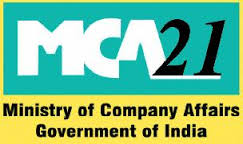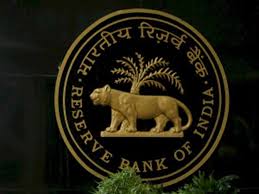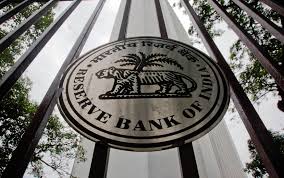
The Ministry of Corporate Affairs (MCA) has notified an amendment to the Companies (Removal of Names of Companies from the Register of Companies) Rules, 2016.
The amendment provides more clarity on the filing requirements of overdue financials before applying for strike-off.
As per the amended norms, a company cannot file a strike-off application unless it has filed overdue financial statements under section 137 and overdue annual returns under section 92, up to the end of the financial year in which the company ceased to carry out its business operations.
Previously, the MCA had removed the requirement for up-to-date financial results and annual returns, vide the amendment introducing the Centre for Processing Accelerated Corporate Exit.
However, this requirement has now been reintroduced. The present amendment shall be effective from 10.05.2023.
Annual Filing (i.e. AOC-4 and MGT-7) is required to be filed before applying for Strike off.
As per the amendment made in rule 4 in May 2019 and amendment made on May 2023 “no application in Form No. STK-2 shall be filed by a company unless it has filed overdue returns in Form No. AOC-4 (Financial Statement) or AOC-4 XBRL, as the case may be, and Form No. MGT-7 (Annual Return), up to the end of the financial year in which the company ceased to carry its business operations”
Therefore, after amendment in Rule 4 w.e.f. 08th May, 2019 read with notification dated 10th May 2023, annual filing of AOC-4 and MGT-7 is mandatory up to the end of the financial year in which the company ceased to carry its business operations. In other words, Company is required to file AOC-4 and MGT-7 up to financial year till company carries its business and operations.
MINISTRY OF CORPORATE AFFAIRS
NOTIFICATION
New Delhi, the 10th May, 2023
G.S.R. 354(E).—In exercise of the powers conferred by sub-sections (1), (2) and (4) of section 248 read with section 469 of the Companies Act, 2013 (18 of 2013), the Central Government hereby makes the following rules further to amend the Companies (Removal of Names of Companies from the Register of Companies) Rules, 2016, namely:-
- Short title and commencement.- (1) These rules may be called the Companies (Removal of Names of Companies from the Register of Companies) Second Amendment Rules, 2023.
(2) They shall come into force on the date of their publication in the Official Gazette.
- In the Companies (Removal of Names of Companies from the Register of Companies) Rules, 2016 (hereafter referred to as the principal rules), in rule 4, in sub-rule (1), the following provisos shall be inserted, namely: –
“Provided that the company shall not file an application unless it has filed overdue financial statements under section 137 and overdue annual returns under section 92, up to the end of the financial year in which the company ceased to carry its business operations:
Provided further that in case a company intends to file the application after the action under subsection (1) of section 248 has been initiated by the Registrar, it shall file all pending financial statements under section 137 and all pending annual returns under section 92, before filing the application:
Provided also that once notice under sub-section (5) of section 248 has been issued by the Registrar for publication pursuant to the action initiated under sub-section (1) of section 248, a company shall not be allowed to file the application under this sub-rule.”.
[F. No. 1/28/2013-CL-V(Part-III)]
MANOJ PANDEY, Jt. Secy.
Note: The principal rules were published in the Gazette of India, Extraordinary, Part II, Section 3 of Subsection (i), vide number G.S.R. 1174(E), dated the 26th December, 2016 and amended, vide Notification numbers G.S.R 355(E), dated the 12th April, 2017, G.S.R 350(E), dated the 8th May, 2019, G.S.R 420(E), dated the 29th June, 2020, G.S.R. 436(E), dated the 9th June, 2022 G.S.R. 658(E), dated the 24th August, 2022 and G.S.R. 298(E), dated 17th April, 2023.





